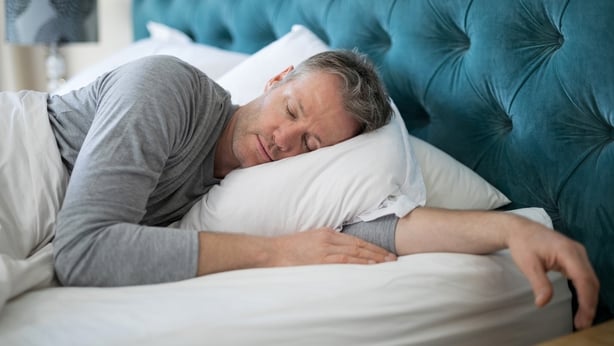There is nothing normal about the term 'new normal'. In fact, the term ‘new normal’ seems to be causing higher levels of stress and overwhelm while we try to continually catch up with the ever-changing landscape of what it is happening around us.
From adapting to different levels of restrictions to businesses being open or shut, we are in a constant state of flux.
For some, remote working (aka working from home) has become commonplace. It doesn’t seem to be coming to an end anytime soon and is creating a level of burnout that we haven’t seen before. For those that are unable to work from home - be they educators, frontline workers, retail staff or transport providers - they too have their own perfect storm of stressors and overwhelm.
In order to ensure that we're not going to get burnt-out, we need to understand how important minding our physical, emotional, and mental health is, and what we can do each day to keep ourselves grounded.

Managing ourselves so we can manage everything that's going on around us can seem like a daunting task. You are far more resilient than you think you are. The reality is that resilience is not a personality trait, it's not something people have or don't have. Resilience involves our behaviors and our thoughts which leads into our actions - and they can be learned and developed at any time by anyone.
One way to learn and develop your resilience is to look back at previous experiences or challenges that you have been through. Ask yourself: What did you do to get through the situation? Who did you speak to? What action did you take? Ask yourself what you did and apply those strategies to get through this current phase.
Being clear with what you can control rather than what you can’t control may seem obvious, but we have a tendency to focus on what we can’t control and use precious emotional energy worrying on situations we can’t currently change.
Things we can control right now maybe our sleep routine, what and when we eat, creating and keeping healthy boundaries (personally and professionally), choosing our battles carefully (who we argue with and why), and our alcohol consumption.

Creating a regular routine each day is a great starting place, Admiral William H. McRaven, a Navy Seal, gave a great talk, he said ‘if you make your bed every morning you will have accomplished the first task of the day. It will give you a small sense of pride, and it will encourage you to do another task and another and another...
Making your bed will also reinforce the fact that little things matter. And now more than ever it is the little things that we can control that matter.
Lastly and hugely important is our social connections. Some of us have never spent so much time with our families, or alone, and some of us haven’t seen family properly for a very long time.
At a time where we're being asked to reduce our social contacts is still hugely important, if possible, have a social distance walk with a friend or call somebody on a regular basis.
If you feel you’re not managing right now, tell someone, speak to a family member, a friend, a colleague or your G.P. Don’t try to manage navigating living through a global pandemic on your own.
- Siobhan Murray, Twisting the Jar

